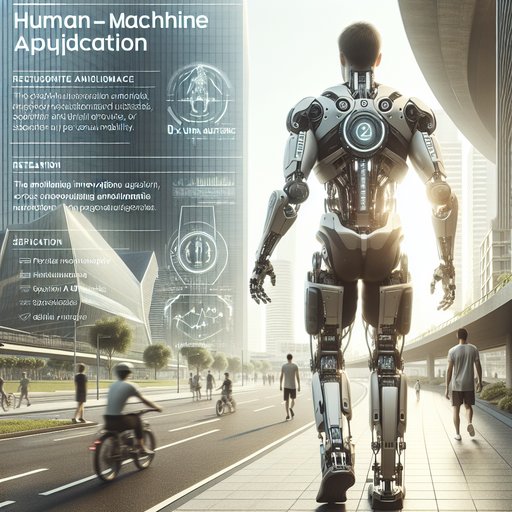
As the telecommunications industry continues its rollout of 5G networks worldwide, attention is increasingly turning to the development of 6G technology, with commercial operations expected to begin by 2030 [1]. Industry experts are emphasizing the importance of learning from 5G's implementation challenges to ensure a smoother transition to the next generation of wireless technology.

Samsung has released an urgent security update to address a critical zero-day vulnerability in Android devices that was actively exploited by spyware vendors. The flaw, discovered and reported by Meta and WhatsApp security teams, allowed attackers to execute malicious code remotely on targeted devices [1]. This development comes amid growing concerns about the increasing sophistication of mobile device attacks and their implications for user privacy.

In a significant development for renewable energy, ocean wave power technology has emerged as a promising new addition to the clean energy landscape. The technology harnesses the constant motion of ocean waves to generate electricity, offering a reliable and predictable source of renewable power that could complement existing solar and wind installations [1].

A groundbreaking legal battle over the future of food technology has erupted in Texas, where a controversial two-year ban on lab-grown meat has taken effect. The legislation, which began on September 1, has become a focal point for discussions about food innovation and regulation across the United States, highlighting the growing tension between traditional agriculture and emerging food technologies [1].

In a significant advancement for efficient artificial intelligence, researchers from the United Arab Emirates have introduced K2 Think, a groundbreaking AI model that achieves impressive reasoning capabilities while maintaining a notably smaller computational footprint. The new model demonstrates performance comparable to larger systems from industry leaders like OpenAI and DeepSeek, while requiring substantially fewer resources to operate [1].

In a major development for quantum computing, PsiQuantum has secured a landmark $1 billion in Series E funding, marking one of the largest investments in quantum technology to date. The company, now valued at $7 billion, is pushing forward with its ambitious goal of developing million-qubit scale quantum computers that could revolutionize fields from drug discovery to climate modeling [1].

In a significant advancement for human augmentation technology, Hypershell has unveiled its groundbreaking X Ultra exoskeleton, a wearable device that combines artificial intelligence with mechanical assistance to enhance human movement. The system, which has been dubbed "an electric bike for your legs" [1], represents a major leap forward in personal mobility enhancement technology, offering both athletic performance benefits and everyday assistance.

In a significant move for the fusion energy sector, a group of 12 prominent Japanese companies, including industry giants Mitsubishi Corporation, NTT, and Kansai Electric Power, have joined forces to invest in a promising US-based fusion startup [1]. This collaboration marks a major step forward in the international effort to develop practical nuclear fusion power technology, bringing together Asian industrial expertise with American innovation.

A groundbreaking advancement in nanomaterial-enabled drug delivery systems has emerged, offering new possibilities for treating diseases through precise timing and targeted delivery. Scientists have developed innovative approaches that bridge the gap between direct rhythm modulation and chronotherapy, potentially revolutionizing how medications interact with the body's natural circadian rhythms [1].

In a significant step forward for autonomous transportation, Isuzu Motors has announced plans to construct Japan's first dedicated testing facility for self-driving commercial vehicles. This groundbreaking development marks a crucial advancement in the evolution of autonomous transportation technology, particularly in the commercial vehicle sector, where safe testing environments are essential for development and validation [1].
























